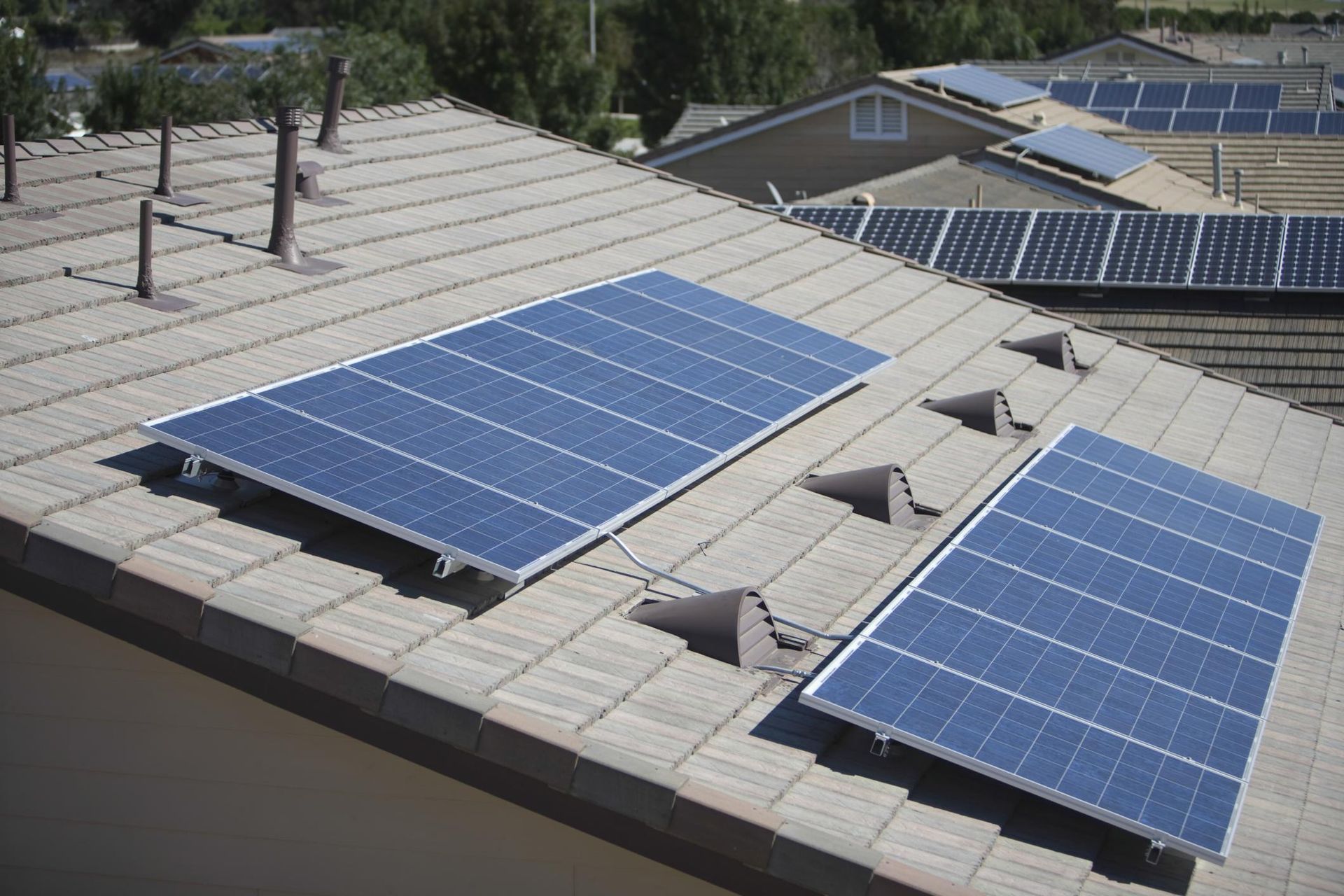The Pros and Cons of Solar Energy
Solar energy has emerged as an attractive option in a world increasingly anxious about environmental sustainability and the long-term availability of traditional energy sources. The sun, an almost limitless source of energy, provides a path to cleaner electricity generation. However, solar energy, like any other energy source, has advantages and disadvantages. Our team has made it simple by compiling some key benefits and cons of solar energy so you may better grasp its potential and limitations.
The Pros of Solar Energy
The sun is an abundant source of energy that's available virtually everywhere on the planet. As long as the sun continues to shine, we can tap into this sustainable and renewable resource. Solar energy production is one of the cleanest methods of generating electricity. It produces no greenhouse gas emissions, contributing significantly to the reduction of air pollution and the fight against climate change. Once solar panels are installed, you can harness the sun's energy for free. This translates into substantial long-term savings on your energy bills. Solar systems have minimal maintenance requirements. Regular cleaning and occasional inspections are typically all that's needed to ensure optimal performance. Ongoing research and development in solar technology continue to improve the efficiency and affordability of solar panels, making them a more attractive option. Solar power systems can feed excess energy back into the grid, helping to stabilize and support the energy supply during peak demand periods.
The Cons of Solar Energy
While solar power offers long-term savings, the initial investment can be significant. The cost of purchasing and installing solar panels, along with related equipment, can be a barrier for some. Solar panels require direct sunlight to generate electricity efficiently. Cloudy days and nighttime reduce energy production, necessitating backup energy sources. Solar panels need ample space for installation. Efficient and cost-effective energy storage solutions are still developing. Some individuals might find solar panels less visually appealing, impacting property aesthetics.
Balancing the Pros and Cons: Making Informed Choices
When considering whether solar energy is the right fit for your energy needs, it's essential to weigh the pros against the cons based on your specific circumstances. Factors such as location, available sunlight, energy requirements, and budget play crucial roles in making an informed decision. The investment in solar power should be viewed as a long-term commitment, one that contributes to a more sustainable future and financial savings over time. While solar energy offers numerous benefits, it's important to acknowledge its limitations. The energy landscape is evolving, and advancements are being made to address the challenges associated with solar power, such as energy storage and efficiency improvements. As technology progresses, we can expect solar energy systems to become more accessible, efficient, and integrated into our everyday lives.
Making an Informed Decision
In conclusion, the pros and cons of solar energy reveal a complex picture. While solar power presents tremendous potential to reshape our energy landscape, it's not without its challenges. Understanding both sides of the equation empowers individuals, businesses, and communities to make informed decisions that align with their goals, values, and environmental concerns. As solar technology continues to evolve, we move ever closer to a future where renewable energy plays a central role in creating a cleaner, more sustainable world.

